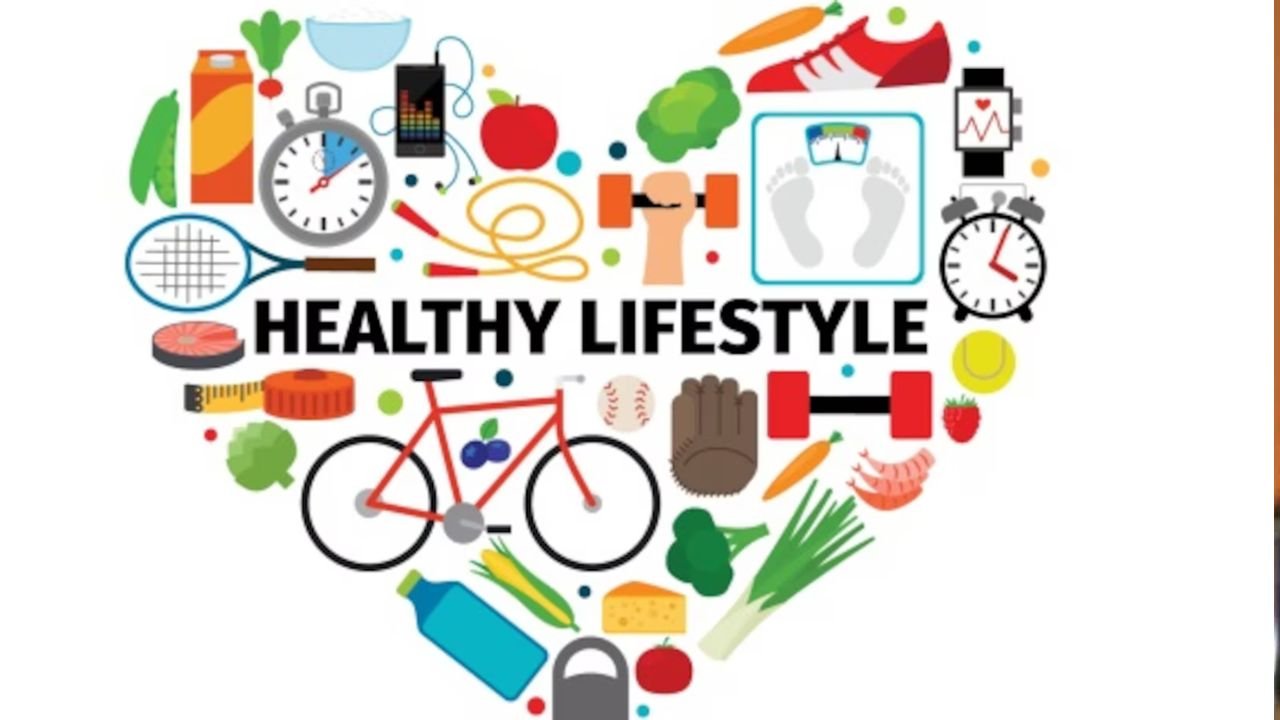How to Reduce Stress and Anxiety for Better Overall Health
How to Reduce Stress and Anxiety for Better Overall Health
Blog Article

Stress and anxiety have become major obstacles to achieving optimal health and wellness. In today's fast-paced society, many individuals struggle with chronic stress that not only affects their mental clarity but also deteriorates their physical well-being. To attain better overall health news, it is crucial to learn effective ways to manage and reduce stress and anxiety naturally and consistently. Below, we explore comprehensive and scientifically backed strategies to help individuals reclaim their peace of mind and restore body balance.
Understanding the Connection Between Stress, Anxiety, and Health
Stress and anxiety are not merely emotional responses—they trigger physiological reactions that influence nearly every system in the body. Elevated cortisol levels, increased blood pressure, and a weakened immune system are only a few of the long-term consequences.
Chronic stress can lead to:
Heart disease
Digestive disorders
Sleep disturbances
Depression and mood swings
Weight gain or loss
Reducing stress isn't just about feeling better mentally. It’s a critical component of maintaining long-term physical health.
Practice Deep Breathing and Mindfulness Meditation
One of the most effective ways to combat anxiety is by activating the body’s relaxation response through controlled breathing and meditation.
Deep Breathing Techniques:
Box Breathing: Inhale for 4 seconds, hold for 4, exhale for 4, hold for 4.
4-7-8 Breathing: Inhale for 4 seconds, hold for 7 seconds, exhale slowly for 8 seconds.
These breathing patterns help lower cortisol, reduce heart rate, and improve focus.
Mindfulness Meditation:
Sit quietly, close your eyes, and bring attention to your breath.
Gently redirect thoughts when the mind wanders.
Practicing 10–15 minutes daily has shown to reduce anxiety symptoms significantly.
Establish a Consistent Sleep Routine
Lack of sleep not only worsens stress levels but also impacts memory, cognitive function, and immune response.
Strategies to Improve Sleep:
Maintain a fixed sleep-wake cycle, even on weekends.
Avoid screens at least an hour before bedtime.
Create a calm sleep environment with minimal noise and light.
Use white noise or calming music to aid relaxation.
Quality sleep helps regulate emotional stability, strengthens the immune system, and restores energy.
Incorporate Regular Physical Activity
Exercise is a natural stress reliever and releases endorphins, the brain's feel-good chemicals.
Best Exercises to Reduce Stress and Anxiety:
Walking or Jogging: Just 30 minutes of brisk walking daily reduces stress hormones.
Yoga: Combines movement, breath, and mindfulness for holistic relief.
Strength Training: Boosts self-esteem, lowers anxiety, and builds resilience.
Tai Chi: A low-impact martial art proven to reduce cortisol and improve mood.
Aim for at least 150 minutes of moderate-intensity exercise per week.
Nourish the Body with a Balanced Diet
Your diet plays a crucial role in mental well-being. Certain foods can aggravate stress levels, while others can soothe the mind.
Stress-Reducing Foods to Include:
Leafy greens (spinach, kale): Rich in magnesium and folate
Fatty fish (salmon, sardines): High in omega-3 fatty acids
Berries and citrus fruits: Antioxidant-rich and immune-boosting
Nuts and seeds: Contain tryptophan and magnesium
Green tea: Contains L-theanine, a natural calming agent
Foods to Avoid:
Caffeine in excess
Refined sugar and processed carbs
Alcohol and nicotine
Eating a balanced diet helps maintain hormonal balance, improves mood, and enhances energy levels.
Prioritize Social Support and Connection
Isolation can intensify feelings of anxiety and depression. Cultivating meaningful relationships and maintaining social interaction can buffer against stress.
Ways to Strengthen Social Connections:
Schedule regular calls or meetups with loved ones.
Join support groups or clubs based on shared interests.
Volunteer to help others and feel a sense of contribution.
Having a strong support system builds emotional resilience and promotes a sense of belonging.
Set Boundaries and Learn to Say No
Many individuals experience stress because they overextend themselves. Learning to set healthy boundaries is vital for emotional well-being.
How to Set Boundaries:
Identify your limits—what makes you uncomfortable or overwhelmed.
Be direct but respectful when saying no.
Practice assertive communication, not aggressive or passive.
Schedule "me-time" daily for self-rejuvenation.
Setting boundaries empowers individuals to protect their energy and reduce emotional burnout.
Limit Exposure to Stress Triggers
Identifying and managing external stressors can drastically improve mental health.
Common Triggers to Minimize:
Social media overuse: Unplug for a few hours daily.
Negative news cycles: Limit consumption to once per day.
Toxic environments or people: Seek positive, uplifting surroundings.
Multitasking: Focus on one task at a time for clarity.
Creating a stress-free space, both physically and digitally, can significantly reduce anxiety levels.
Engage in Creative Activities and Hobbies
Taking time to enjoy creative outlets can be therapeutic and meditative.
Relaxing Hobbies That Ease the Mind:
Painting, drawing, or crafting
Gardening or nature walks
Journaling thoughts and feelings
Playing a musical instrument
Cooking new, healthy recipes
These hobbies stimulate the brain and serve as healthy distractions from daily stressors.
Consider Natural Supplements and Herbal Remedies
Some natural supplements may help reduce anxiety symptoms. Always consult with a healthcare provider before starting any supplement.
Popular Natural Remedies:
Ashwagandha: An adaptogen known for reducing cortisol.
Rhodiola Rosea: Enhances energy and reduces fatigue.
Chamomile Tea: Soothing properties that aid sleep.
Magnesium Glycinate: Calms the nervous system.
L-Theanine: Found in green tea, promotes focus and calm.
Using these natural options can offer mild but effective relief without the side effects of pharmaceutical medications.
Conclusion: A Holistic Approach to a Stress-Free Life
Stress and anxiety do not need to dominate our lives. By incorporating daily practices like mindful breathing, regular exercise, a nutrient-rich diet, restful sleep, and meaningful social interactions, we can take control of our mental health and promote better overall well-being. Each step we take toward managing stress helps us build a stronger, more resilient foundation for a healthier future.
Report this page